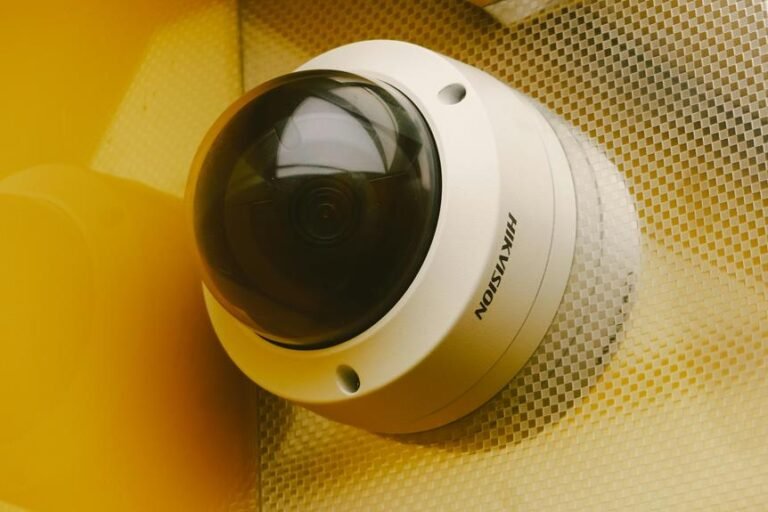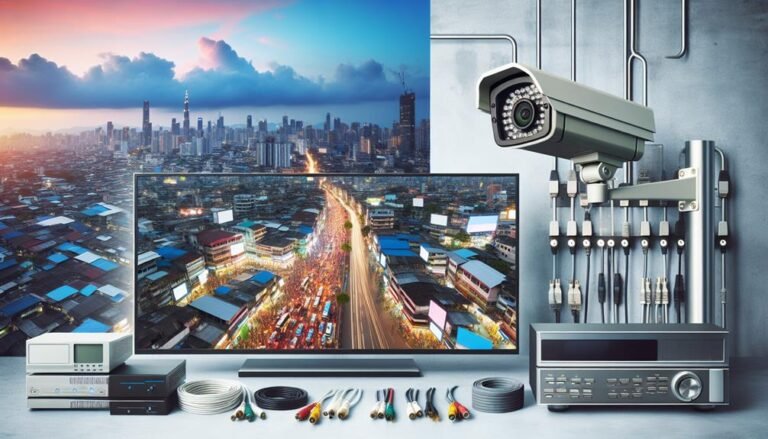DVR Vs NVR Vs HVR – 5 Key Differences Explained

Lastly, when it comes to surveillance systems, DVRs, NVRs, and HVRs have distinct differences. DVRs generally offer up to 1080p video quality and use coaxial cables, while NVRs support 4K and connect via Ethernet. HVRs combine both cable types for…


